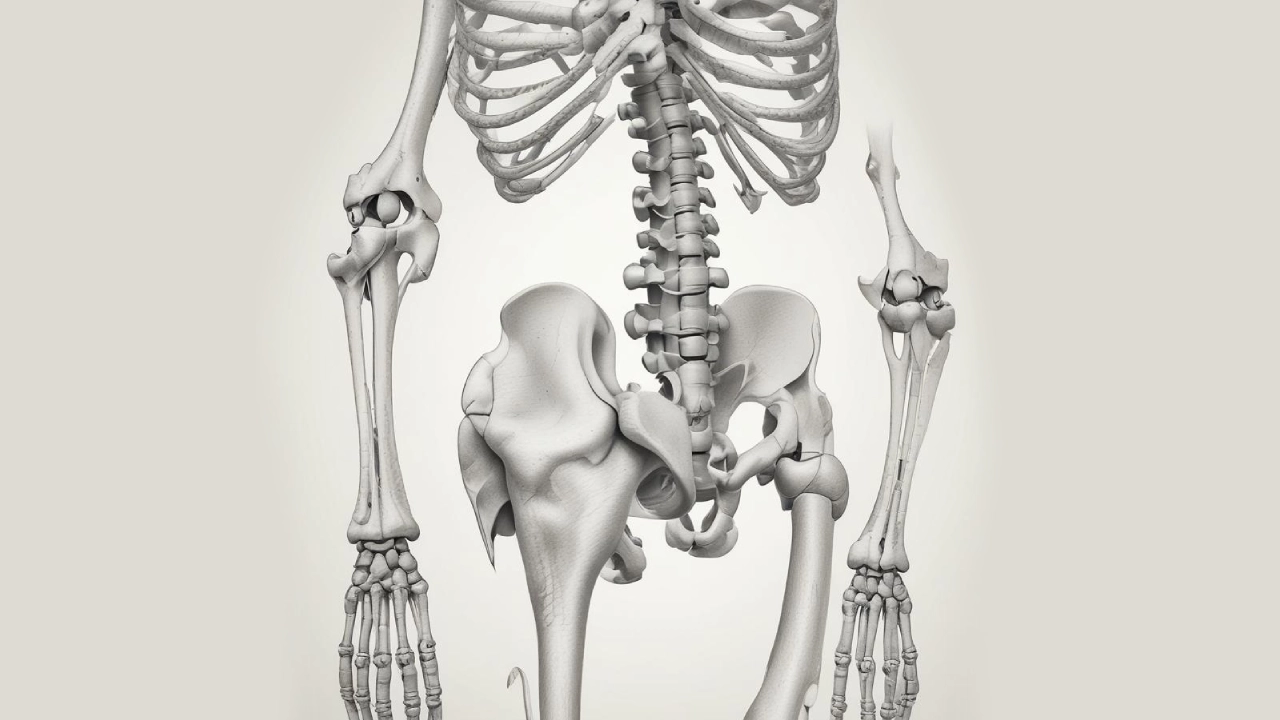 Maintaining bone health is essential for overall well-being, particularly as we age. Strong bones provide the foundation for a robust and active life, and by taking proactive steps, we can ensure they remain in optimal condition. Here, we present the top 10 ways to keep your bones healthy, offering detailed insights into each method.
Maintaining bone health is essential for overall well-being, particularly as we age. Strong bones provide the foundation for a robust and active life, and by taking proactive steps, we can ensure they remain in optimal condition. Here, we present the top 10 ways to keep your bones healthy, offering detailed insights into each method.
1. Consume a Calcium-Rich Diet
Calcium is the cornerstone of bone health. Our bones store 99% of the body’s calcium, which is crucial for maintaining bones strength and structure. Dairy products like milk, cheese, and yogurt are excellent sources of calcium. Additionally, leafy green vegetables such as kale and broccoli, as well as fortified foods like certain cereals and plant-based milk, can help meet daily calcium requirements.
2.Ensure Adequate Vitamin D Intake
Vitamin D is essential for calcium absorption. Without sufficient vitamin D, the body cannot effectively utilize the calcium consumed. Sun exposure is a natural source of vitamin D, but it can also be obtained from foods like fatty fish (salmon, mackerel), egg yolks, and fortified products. For many, supplements might be necessary, particularly in regions with limited sunlight.
3.Engage in Weight-Bearing Exercises
Regular weight-bearing exercises are crucial for building and maintaining bone density. Activities such as walking, running, dancing, and strength training stimulate bone formation by putting stress on the bones, prompting them to grow stronger. Aim for at least 30 minutes of weight-bearing exercise most days of the week.
4.Avoid Smoking and Limit Alcohol Consumption
Smoking and excessive alcohol consumption have been linked to decreased bone density. Nicotine in cigarettes hampers the blood supply to bones, reducing the calcium absorption needed for healthy bones. Similarly, alcohol can interfere with the balance of calcium and the production of essential hormones. Limiting these habits is vital for bone health.
5.Maintain a Balanced Diet
A well-rounded diet rich in fruits, vegetables, lean proteins, and whole grains provides essential nutrients that support bone health. Nutrients such as magnesium, potassium, and vitamins K and C are vital for bone formation and maintenance. A diverse diet ensures that the body receives all the necessary building blocks for strong bones.
6.Monitor Bone Density
Regular bone density tests are essential, particularly for individuals at higher risk of osteoporosis. These tests help detect early signs of bone loss, allowing for timely intervention. Postmenopausal women and older adults should discuss bone density screening with their healthcare provider to determine an appropriate schedule.
7.Consider Medication
For those diagnosed with low bone density or osteoporosis, medication may be necessary. Bisphosphonates, hormone therapy, and other osteoporosis medications can help strengthen bones and prevent fractures. It is essential to consult with a healthcare provider to determine the best treatment plan based on individual health needs.
8.Incorporate Foods Rich in Omega-3 Fatty Acids
Omega-3 fatty acids have been shown to promote bone health. They help reduce inflammation, which can lead to bone loss. Sources of omega-3s include fatty fish (like salmon and sardines), flaxseeds, chia seeds, and walnuts. Including these foods in your diet can provide additional support for your bones.
9.Stay Active and Maintain a Healthy Weight
Physical activity is crucial for maintaining healthy bones. Sedentary lifestyles can lead to bone loss and increased fracture risk. Additionally, maintaining a healthy weight is important as being underweight can lead to decreased bone density, while excessive weight can place undue stress on bones. Regular physical activity, combined with a balanced diet, supports overall bone health.
10.Avoid Excessive Salt and Caffeine
Excessive salt and caffeine intake can interfere with calcium absorption and lead to bone loss. High sodium levels can cause the body to lose calcium through urine, while excessive caffeine can reduce calcium absorption. Moderation is key; limit processed foods high in salt and opt for moderate caffeine consumption.
Conclusion
In conclusion, maintaining bone health requires a multifaceted approach involving diet, exercise, and lifestyle choices. By incorporating these top 10 ways to keep your bones healthy into daily routines, individuals can significantly enhance their bone health, reducing the risk of osteoporosis and fractures.

